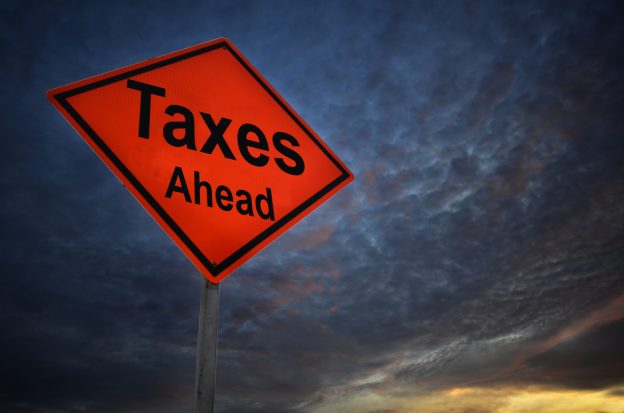
Starting from January 1 2024 Airbnb and other short term rental platforms must submit data on their clients’ earnings to HMRC.
Airbnb will be required by HMRC to send reports confirming the income received by landlords using their online platform.
Earlier this year Airbnb issued a warning on their website stating that they were sharing data with HMRC dating back to the 2017-18 tax year.
This new rule not only applies to short term rental platforms but also extends to other freelance systems within the gig economy such as Amazon for online retailers and Deliveroo for food delivery.
Targeting landlords using sites like Airbnb forms part of a larger campaign where HMRC are forcing the release of income information so they can identify taxpayers who may be under reporting their income.
According to the Revenue approximately £1.2 billion in tax revenue is lost each tax year due to evasion within the gig economy.
If it is discovered that a taxpayer has failed to report all of their income they could face late payment penalties of up to 30% of the tax owed in addition to paying the outstanding income tax itself or potentially facing legal action.
The main point to understand is that by having direct access to income information from platforms, HMRC is able to carry out tax investigations in a more efficient and effective manner.
This is particularly useful for HMRC when the income reported on tax returns does not align with the records provided by the platforms.
Tax free property income allowance
The new reporting includes landlords who simply rent out a spare room occasionally with minimal income.
A property trading allowance exists which means you can earn up to £1,000 annually before taxes apply.
The same £1000 allowance (a trading allowance) applies to (not in addition to) other types of gig economy income.
If the amount of money you earn from Airbnb rental income or other self employment goes beyond the £1000 trading limit and surpasses the amount you’re allowed to earn without paying taxes (tax free personal allowance) you should start considering your responsibilities when it comes to paying taxes.
HMRC webinars for landlords
HM Revenue and Customs is conducting a series of webinars specifically targeted towards individuals who are new to generating income from various types of properties.
Available to anyone HMRC’s webinars are definitely worth using if you need to find out more about being a landlord and how to report your income to HMRC.
The next webinar is scheduled in for Thursday, October 26 and will provide attendees with information regarding HM Revenue’s definition of “income from property,” furnished holiday lettings, when landlords should keep records of income and expenses, as well as two schemes: the property income allowance and Rent a Room.
It is important to note that this webinar is limited and doesn’t cover popular topics, namely allowable expenses and deductions from property income, capital gains tax, stamp duty, and inheritance tax (IHT).
Be HMRC compliant
In today’s ever-changing landscape of side hustles and gig work staying compliant with tax regulations is of utmost importance.
With HMRC’s new tax rules bringing about a new era of transparency and accountability for side hustlers in the UK, it is crucial to be well prepared and fully compliant.
Ensuring tax compliance is not just a legal requirement but also a crucial step in protecting your financial well being.
By adhering to tax regulations, you can avoid penalties, legal consequences, and even criminal prosecution. Additionally, complying with taxes helps safeguard your hard earned income, maintain your financial security and build a strong foundation for your financial future.
Failing to comply with tax regulations can result in significant financial stress leading to unexpected tax investigations, hefty penalties, and even potential prosecution.
These consequences can erode your income, disrupt your life, and undermine your overall financial stability.







